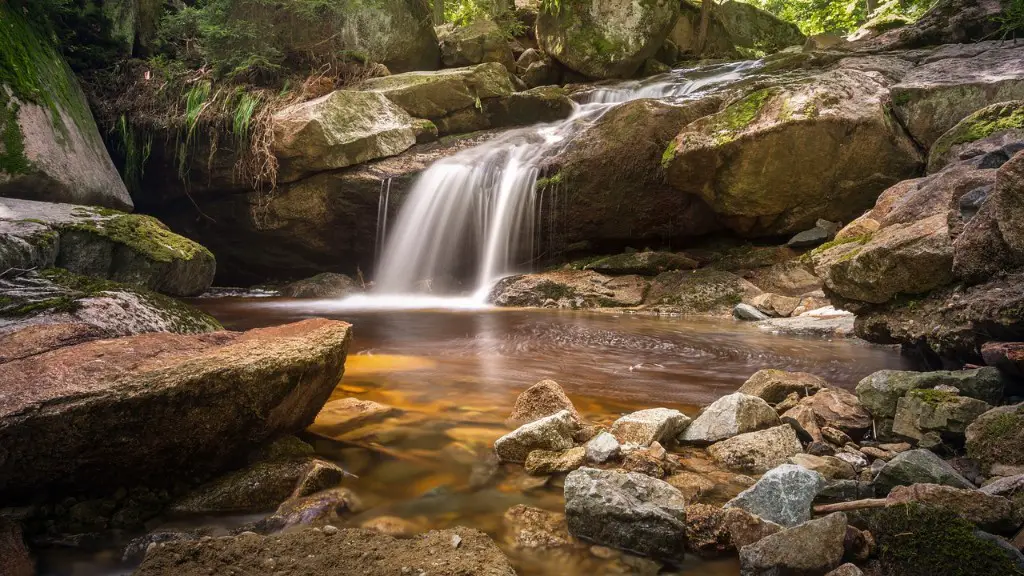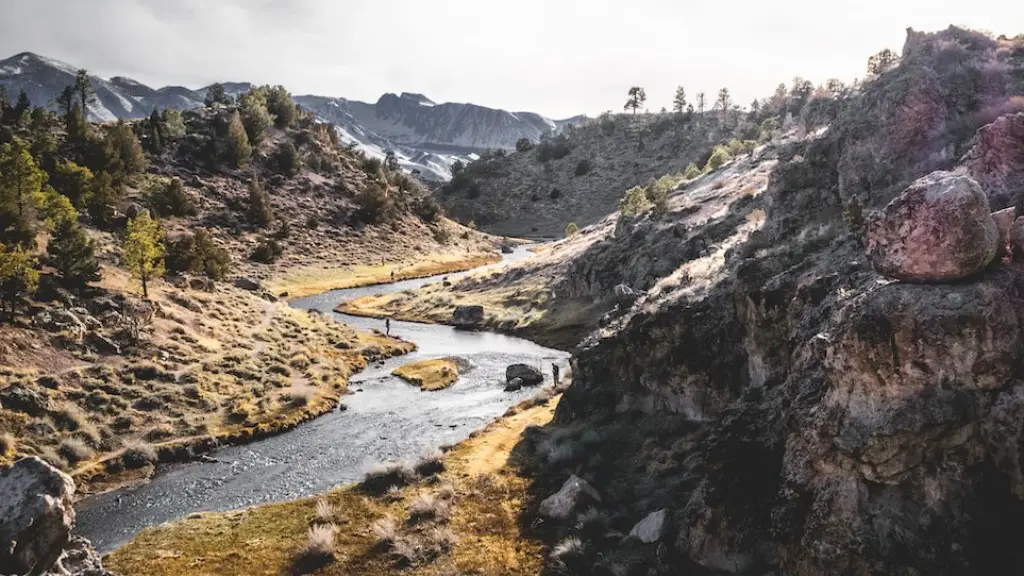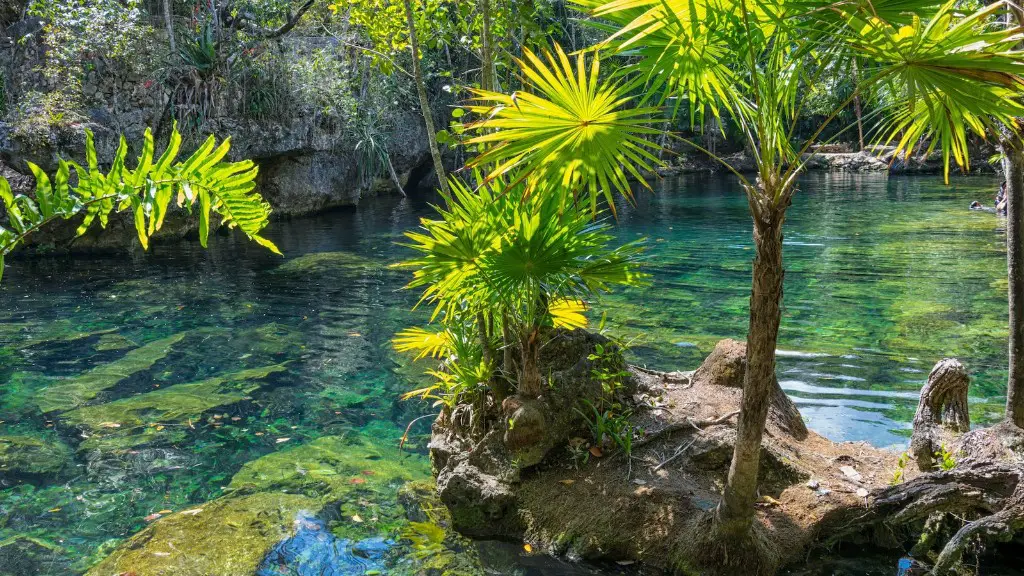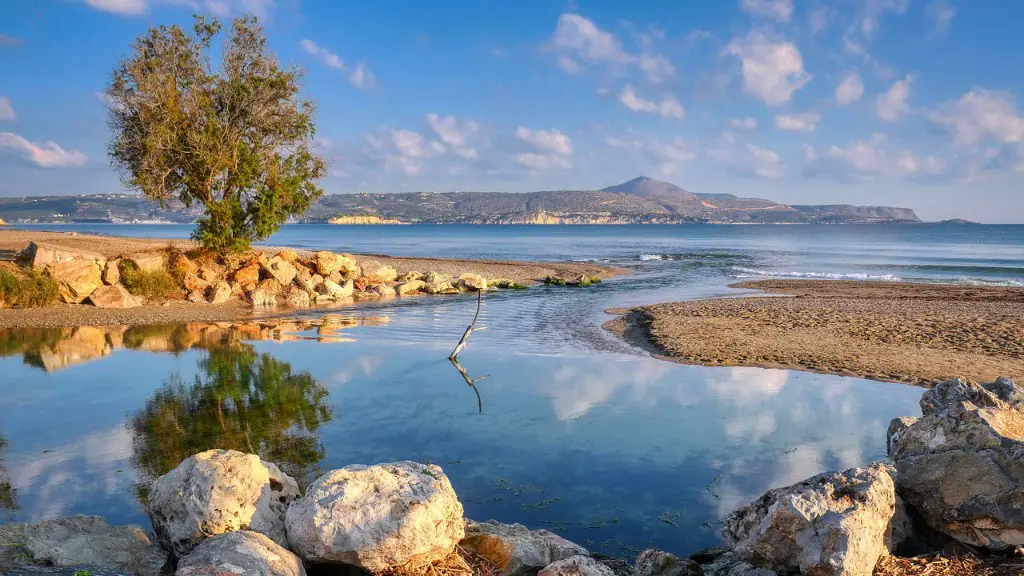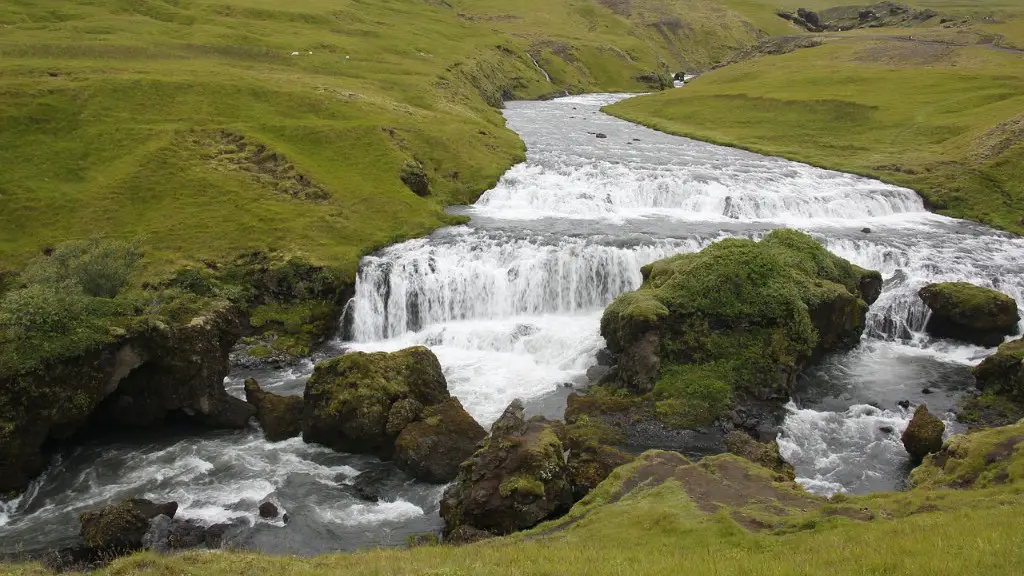Mississippi river is one of the most long-standing and important rivers of the United States. Since the colonial days, it has been used to transport goods and was an important resource for the many Native American cultures living around it. Due to centuries of disregard and abuse of this vital resource, there are many issues with the Mississippi river.
One of the primary issues with the Mississippi river is its overuse. Humans have been utilizing the Mississippi to transport goods, materials and other items for over two centuries, leading to excessive depletion of the river’s resources. Furthermore, this has caused severe water pollution resulting in depleted fish stocks, contaminated drinking water and other abuses of the ecosystem.
In addition to this, levees and dams built along the Mississippi to prevent flooding have caused extreme levels of sedimentation. This has affected the entire connected system, putting aquatic and other ecosystems at risk. The levees have also prevented water from constantly renewing the river water, preventing oxygenation of the water and leading to a significant decline in aquatic life. As a result, the entire Mississippi river system has been severely impacted.
Another significant issue is the agricultural runoff into the Mississippi. As discussed above, extensive agricultural activity within the Mississippi basin has caused extreme levels of nutrient runoff, leading to algal blooms in the water which further pollute the river and degrade the water quality.
Industrialization of the river and its surrounding areas has further complicated the situation. The Mississippi basin is a hotspot for manufacturing and other activities, leading to extreme levels of industrial discharge and runoff into the river. This has further compounded the water pollution problem, and has led to decreased biodiversity in the river.
Finally, the high levels of nitrate and phosphate entering the system from sewage and septic tanks have led to increased levels of eutrophication. This has caused significant detriment to the aquatic life in the Mississippi, further leading to a decline in vital species such as salmon and walleye.
Lack of Regulations and Laws to Protect the Mississippi
Unfortunately, while the many issues surrounding the Mississippi river have been identified, there is little action taken to protect the river. In fact, few laws and regulations exist in the United States with respect to water pollution and resource protection, meaning that there is little being done to address the many issues outlined above.
Furthermore, in some cases, new regulations are actively being repealed, such as the Waters of the United States Rule, which would have had a huge impact on protection of the Mississippi and other major waterways. This lack of regulations has severely hampered attempts to protect the river, and has allowed for abuses of the river to continue unchecked.
As a result, the Mississippi river is currently in a state of disrepair and significant environmental degradation, with little being done to address the issues.
Current Efforts to Protect the Mississippi
Despite the decline of the river, some individuals and groups are attempting to galvanize support for protecting the Mississippi. In particular, the World Wildlife Fund, the Mississippi River Collaborative, and other organizations are attempting to bring attention to the issues with the Mississippi and raise awareness of the need to protect it.
These organizations are working on a variety of efforts, including advocating for more regulations and laws to protect the Mississippi, encouraging states to impose their own restrictions, and providing information and support to local communities and citizens on how to protect the river.
Although these efforts are still in their early stages, they represent an important first step towards addressing the issues with the Mississippi. It remains to be seen whether these efforts will be successful in the long run, but they are an important sign of progress.
Consequences of Polluting the Mississippi
The consequences of polluting and abusing the Mississippi have been severe and far-reaching. Aquatic life has been depleted, leading to a decline in vital species and a decrease in fishing activities. In addition, water quality has suffered severely, leading to contamination of municipal water supplies and a decline in recreational activities.
Furthermore, pollution of the river has also had a major impact on the local economy. Loss of aquatic life has affected tourism and fisheries, and decreased water quality has also had a negative effect on industries such as shipping and transportation that rely on the river.
The Mississippi river is also a major source of drinking water for states like Mississippi, and pollution of the river has led to severe degradation of the water quality. This has caused a variety of health issues in local communities, with elevated levels of nitrates and other dangerous chemicals in the water.
Understanding the Importance of the Mississippi
With all of this in mind, it is clear that the Mississippi river is a vital resource for the United States. It is a major source of livelihood for many Americans, and its immense importance to the country cannot be understated.
Therefore, it is important for Americans, and all citizens of the United States, to understand the importance of the Mississippi and the need to protect it. The river has been abused for centuries, and it is up to us to ensure that future generations have a healthy and sustainable Mississippi.
Solutions for Protecting the Mississippi
Fortunately, there are a variety of solutions available for protecting the Mississippi. The first is to encourage and implement a variety of laws and regulations to protect the river. These should be aimed at preventing the pollution and overuse of the river, and should also account for the economic and cultural importance of the Mississippi.
Second, there needs to be a concerted effort to educate citizens of the importance of the river and the need to protect it. This should include public awareness campaigns and educational programs, highlighting the need to protect our resources and how to do so.
Finally, individuals and groups should work together to protect the river. This could manifest as citizen activism, engagement with elected officials, and involvement in grassroots organizations. It is only through collective action that we can ensure the future of the Mississippi.
Conclusion
The Mississippi river is an invaluable and irreplaceable resource for the United States. Unfortunately, centuries of abuse and pollution have led to a decline in the health and quality of the river. It is up to us to take action and protect the river before it is too late. There are a variety of solutions available, and we must work together to ensure the future of the Mississippi river.
